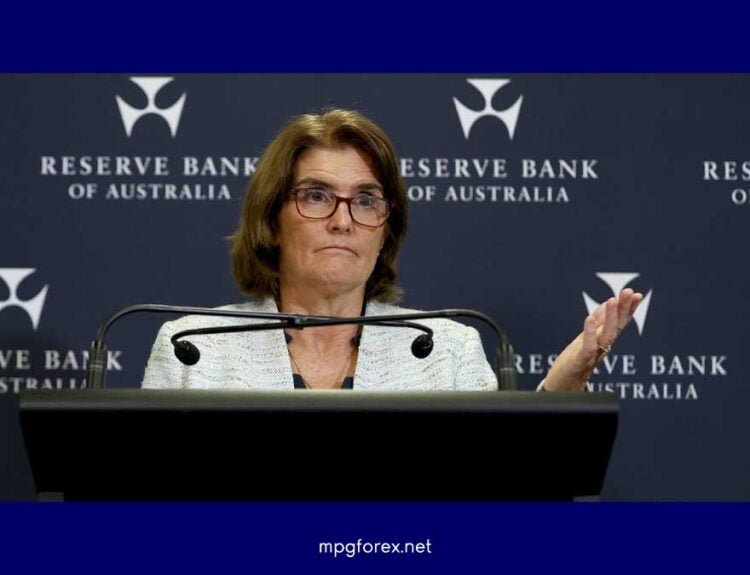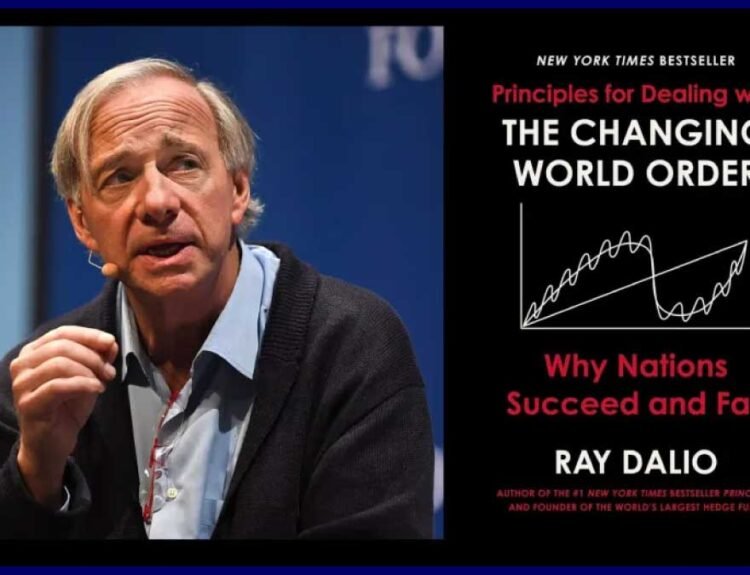India’s farmers are furious once more. Will It Affect Modi’s Campaign for Reelection?
As India’s general elections enter their second round on Friday, farmers in the province of Punjab are intensifying their ongoing demonstrations.
A legislative guarantee for minimum support prices for their produce is the top demand that thousands of farmers are continuing to mobilize support for.
In an effort to demand the release of farmers detained by the police, they have taken over railway tracks in the northwest province of Punjab. As a result, operations have been disrupted, with trains on 149 routes either canceled, diverted, or halted midway on Wednesday.
Even though the demonstrators are starting to become more aggressive, the agitation that started in February of this year looks like a far cry from their 2020 movement, in which hundreds of thousands of farmers staged a year-long protest against three farm legislations.
The agriculture regulations were repealed in 2021, which was a rare setback for Prime Minister Narendra Modi’s policies.
But during this period, protests have been comparatively low-key and have mostly been limited to the Shambhu and Khanauri borders between the northern Indian states of Punjab and Haryana. These crossings are guarded by barricades and are under the constant observation of state police and paramilitary personnel.
Several of the well-known state figures who had taken part in the previous demonstrations had also absconded.
Table of Contents
India’s farmers are furious once more.

Even though the government is in danger of losing the vast majority of farmers’ support during a period when Modi is vying for a third term in the national elections, the government has not shown any signs of giving in.
Farmers’ demands for minimum support prices (MSPs) have been included in the manifestos of the Congress and a number of opposition parties. In contrast, the ruling Bharatiya Janata Party (BJP) has “steadfastly refused to acknowledge this demand, therefore it will have some effect [electorally],” according to political activist and former psephologist Yogendra Yadav.
About 250 million people work in agriculture in India, according to government data, constituting about 45% of India’s workforce.
People are “very sympathetic” to the farmers’ cause due to the BJP’s high-handedness in dealing with the protestors, according to Sanjay Kumar, co-director of Lokniti, a research program at the New Delhi-based Centre for the Study of Developing Societies.
Modi’s Campaign for Reelection
A Lokniti-CSDS survey earlier this month showed 59% of the respondents found the farmers’ demands “genuine,” while 16% deemed the protests a “conspiracy” against the government.
The election juggernaut of Modi’s BJP, however, is unlikely to be materially impacted by the ongoing agitation. Several surveys have forecast that the ruling party’s victory is imminent in this national election.
Kumar said the protests were unlikely to cause any substantial damage to the BJP’s electoral prospects.
“When farmers go to vote, it’s not like they say: ‘We are farmers so we must vote en masse to throw this government or support that government.’ Often, they vote on party lines. Other identities take over,” Kumar said.
44% of respondents to the same study said they wanted to see the government reelected, mostly because of its “good work.”
“People may have severe anxiety, but it doesn’t really matter if they support the same political party in the end. Compared to 2019 [when the BJP won a second term], I don’t think the results of the elections in 2024 would differ significantly, Kumar stated.
Regarding the farmers’ demands, CNBC did not immediately obtain a response from India’s Agriculture Ministry.
Stifling dissent?
Farm leaders have alleged that the government is trying to keep the protests contained to just Punjab and make it a local issue.
“When we started the protests, the government told us we could not bring vehicles, such as tractors, to Delhi but could come via public transport. However, when farmers from other BJP-ruled states tried to come to Delhi via trains and buses, they were detained,” claimed farmer leader Jagjit Singh Dallewal, according to a CNBC translation of his statement in Hindi.
In support of their counterparts from Punjab and Haryana, a small group of Tamil Nadu farmers staged a demonstration at Jantar Mantar in Delhi on Tuesday and Wednesday. They claimed to have taken part in protests along the border of Shabhu, which is the focal point of the ongoing disturbances.
“We are going to Varanasi, where a thousand people will put in nominations to challenge Modi,” declared Tamil Nadu’s chief farmer, P. Ayyakannu. Modi is running for a parliamentary seat in the Uttar Pradesh city of Varansai.
The present protests are being coordinated by the Samyukta Kisan Morcha (a non-political alliance of farmers’ unions), led by Dallewal, who stated that while they will continue to demonstrate, they do not view the demands as political.
“Political parties need to pay attention and incorporate our demands into their poll manifestos, as we are seated here during an election.”
What India’s farmers want
Indian farmers’ foremost demand is that of guaranteed minimum support prices, the lowest rate at which government agencies can purchase crops from farmers aimed at shielding them from wild market fluctuations.
The farmers want the MSP for their produce to be established in accordance with the recommendations made by the Swaminathan Commission on Farmers. The Commission suggests MSP make a 50% margin over its manufacturing costs. The Commission released five studies between 2004 and 2006.
A substantial pay raise of almost two to three times the current rates, loan forgiveness, pensions for all farmers over sixty, and 200 days of assured employment are among the other main demands. Additionally, they are demanding that India leave the World Trade Organization.
“These demands are not just detrimental to the agricultural sector, but they will throw a major spanner in the economy. The entire economy will go into a tizzy,” economist and former chairman of the Commission for Agricultural Costs and Prices, Government of India, Ashok Gulati, said.
Farm leaders who spoke to CNBC, including Dallewal, said their demands were not new and politicians, including the prime minister, have promised most of the things they are asking for in their past political campaigns.
Former IMF executive director Surjit Bhalla, also a former member of the prime minister’s economic advisory council, was critical of the demands.
“One of these days, we will all get real. Since 2014, we have taken significant steps toward reality, but in certain areas, such as the agri-sector and farm laws, we are still stuck in the 19th century,” he told CNBC.
Arun Kumar, economist and a former professor at New Delhi-based Jawahar Lal Nehru university, disagreed. He said talk about the government being overburdened because of the farmers’ MSP demand was misleading.
“The legal guarantee for MSP will come into play only if the price [of commodities] drops below a certain level. Only then the government will need to buy,” Kumar told CNBC. If the price doesn’t fall below the MSP, the government does not have to buy anything. In fact, 95% of the produce could be sold in the open market.”
Read also:
“The US economy is strong,” remarks Yellen. “All Options Are Open Regarding China’s Overcapacity”
Spending by consumers soars while personal income rises
China’s Growth Outlook for 2024 Is Raised To 4.8%, But Deflation Risk Persists
Bonds prepared for another spike in inflation
resurgence of Middle East Concerns Drives Up Prices of Brent and WTI










